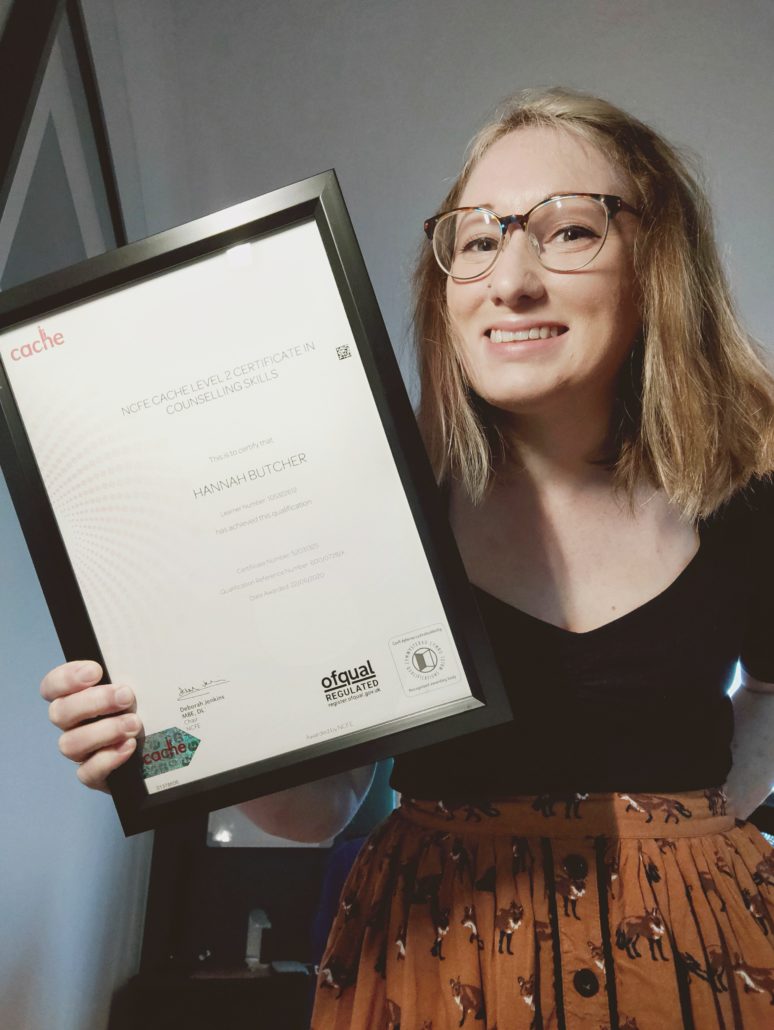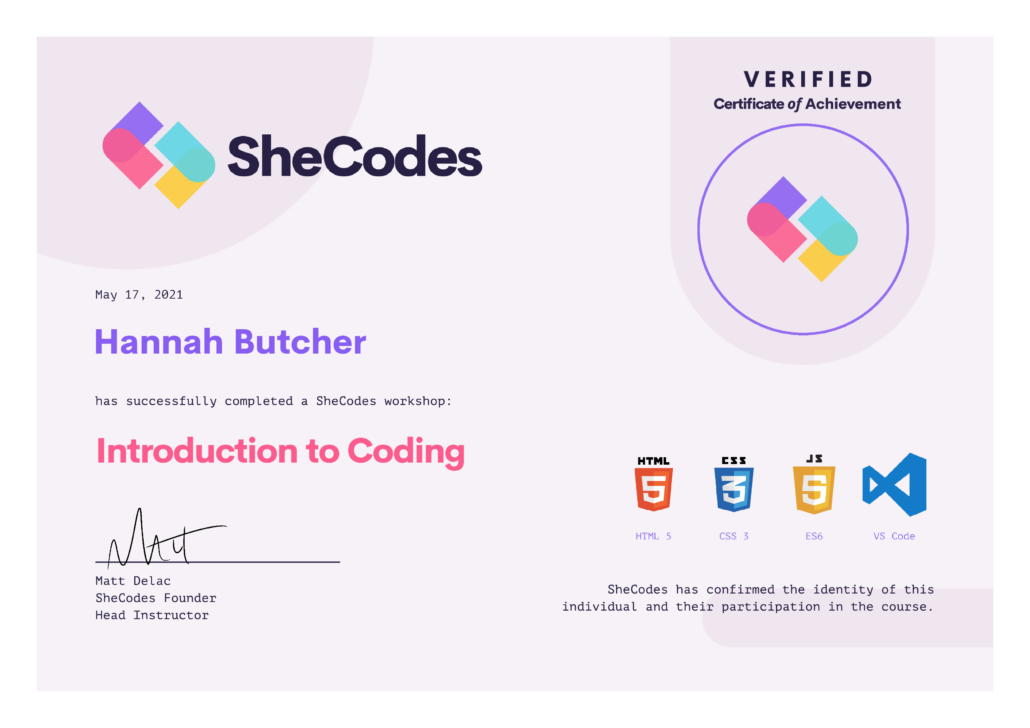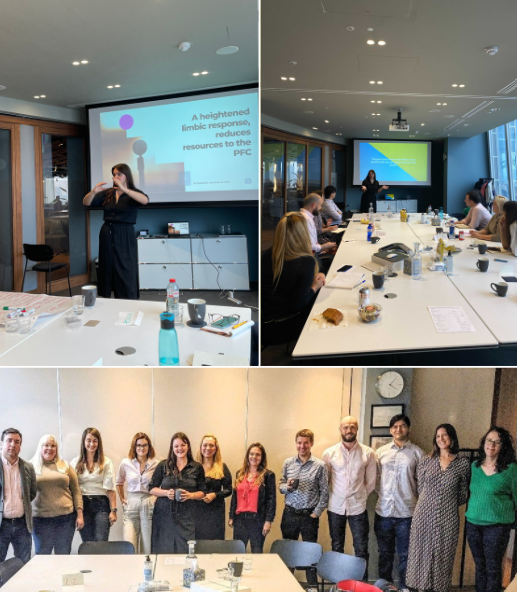Over the course of my career, ‘training’ has been varied.
There’s been on-the-job training, and learning directly from a more qualified colleague. Then there has been the occasional conference (which in many cases, involved swapping passes with a co-worker part way through the day so we could take turns attending). There’s also been group training, both internally and externally.
Much of this training was valuable, but what I didn’t have was the freedom of choice. A choice to decide what I’d like to learn and how.
Continued learning has always been important to me, but much of what I have learned since starting in SEO has been prescribed by current client needs, agency growth plans, or specific requirements to be promoted into a more senior role.
This has seen me:
- trawling through endless pages of Google Tag Manager documentation
- shouting across the room at a General Assembly public speaking workshop
- and listening to videos about creating a great user experience whilst cooking my dinner.
I was happy to do all of these things, but none of them made me happy.
Then I joined Re:signal and understood that the reason was that I’d never been given autonomy over my career training choices before.
What is autonomy?
In regards to training, autonomy is “the ability to make your own decisions without being controlled by anyone else”. Freeing, right?
It’s why I was so excited to earn a certificate in counselling skills that I did right before I joined Re:signal.
Why is autonomy important?
There are three key factors to build an intrinsically motivated team, according to Drive author Daniel Pink.
“Intrinsic motivation occurs when we act without any obvious external rewards. We simply enjoy an activity or see it as an opportunity to explore, learn, and actualize our potentials.”
Autonomy is one of these three factors, where people “are trusted and encouraged to take ownership of their own work and skill development.”
This was an entirely new concept for me as I’d previously been following overly prescriptive personal development plans, and reluctantly accepting invites for 2-hour long training sessions with SEO tool providers.
I realised that I was simply being shaped into the employee that a company wanted me to be, rather than the employee I wanted me to be.
How we do things at Re:signal
During my first year at Re:signal (as Head of SEO) I asked to do a course with SheCodes, and it got approved almost instantly.
For the first time in my career, I found that I could choose to dedicate time developing the skills where I wanted to improve, or ones which would have a longer career benefit.
Because I knew we were doing something great with autonomy in training, when I became Managing Director I was keen to solidify this as a core benefit across the team.
I worked alongside our Head of HR & Talent, Elizabeth Rowe, who has been fundamental in establishing this training budget and rolling it out at pace.
We can now proudly say that we offer each employee £1,000 to spend each year on the training and development of their choosing.
What does that look like in reality?
It’s only the second month of the year, and we’ve already had an incredible response from the team in training budget requests. Here’s a snapshot:
- As MD, I have just signed up for a nine-month CMI Level 7 Diploma in Leadership Coaching and Mentoring to better support the leadership team at Re:signal
- Khushal Khan (Head of Strategy) has been enjoying the SEO MBA by Tom Critchlow
- Callum Lockwood (Senior SEO Strategist) is working on a Udemy Python Beginners’ Bootcamp and will then move on to Python for Data and Analytics
- Yagmur Simsek (SEO Strategist) started a bespoke course in Business English just this week
- David Bryan (SEO Strategist) is exploring options for line management training and coaching, and then wants to look at GA4
- Hollie Gibson (SEO Strategist) is working on an Introduction to Web Development with Coursera, before she moves onto SheCodes later this year
- Bryony Samsom (SEO Project Manager) will shortly begin Prince2 training, starting with their online foundation course.
When people talk to me about their upcoming courses and classes, I can feel their excitement and I know we’ve achieved more than ticking a box.
For example, Bryony told me:
“I have wanted to do this [Prince2 training] for years but have never had the cash.”
That’s making a real difference to her career, and creating these opportunities also boosts employee engagement across the agency.
But we do need a balance
Despite the benefits of our £1,000 self-driven training budget, this isn’t all we do at Re:signal.
We also make sure to have regular team Lunch & Learn sessions where we take turns to share knowledge with the wider team. We have conferences and in-person training days planned in 2022; the last one we did as a team was with Kirsty Hulse (Roar Training!) where we had a mix of confidence and public speaking training.
It’s important to foster the sense of community and interconnectedness as a team, as well as helping individuals to reach their personal goals.
We’ve recently made the decision to bring the concept of autonomy into our individual wellness budgets too, working with the all-in-one benefits platform Ben to allow employees to choose what they want to spend their budget on. Private healthcare, mental health support, or even a Netflix subscription. It’s all there for whatever staff need at any given time.
Want to chat about autonomy?
If you think our model of employee empowerment is one you’re interested in rolling out in your own team, I’d be happy to have a chat about what we’ve learned. Send me a message on LinkedIn and I’ll see how I can help.




